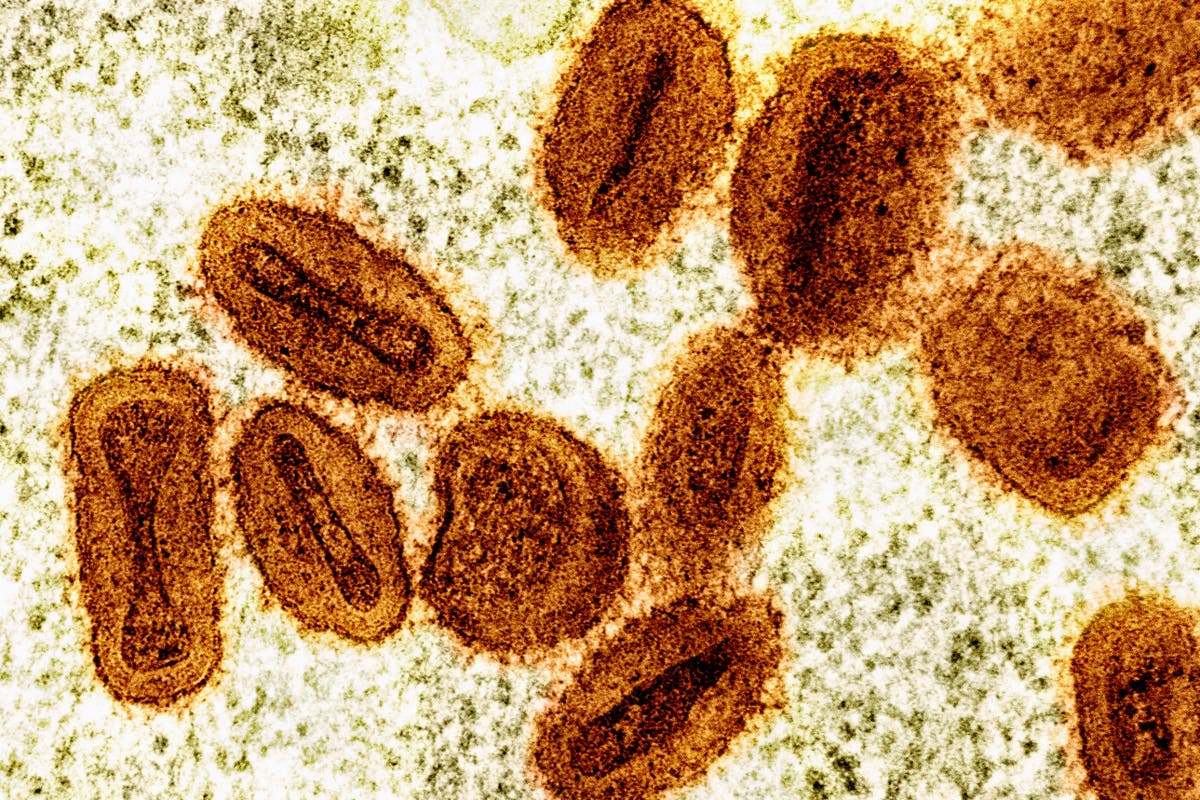US Health officials have confirmed the first case of a new form of mpox.
The infected person had traveled to eastern Africa and was treated in Northern California upon return, according to the California Department of Public Health. Symptoms are improving and the risk to the public is low.
Mpox is a rare disease caused by infection with a virus that’s in the same family as the one that causes smallpox. It is endemic in parts of Africa, where people have been infected through bites from rodents or small animals.
Earlier this year, scientists reported the emergence of a new form of mpox in Africa that was spread through close contact including through sex.
It was first seen in eastern Congo.
The new variant, known as Clade 1b, is mutating rapidly and proving difficult to control, scientists say. It appears to spread more easily, and was therefore declared as a global health emergency by the World Health Organization in Africa on August 15.
More than 3,100 confirmed cases have been reported just since late September, according to the World Health Organization. The vast majority of them have been in three African countries — Burundi, Uganda, and the Democratic Republic of the Congo.
Since then, cases of travelers with the new mpox form have been reported in Germany, India, Kenya, Sweden, Thailand, Zimbabwe, and the United Kingdom.

Health officials earlier this month said the situation in Congo appears to be stabilizing. The Africa Centers for Disease Control and Prevention has estimated Congo needs at least 3 million mpox vaccines to stop the spread, and another 7 million vaccines for the rest of Africa.
The current outbreak is different from the 2022 global outbreak of mpox where gay and bisexual men made up the vast majority of cases.
What is Mpox and what are the symptoms?
Mpox belongs to the same virus family as smallpox, but produces milder symptoms including fever, chills and body aches. Serious cases can lead to lesions on the face, hand, chest and genitals.
The virus was first identified by scientists in 1958, when it was known as monkeypox after the outbreak of a “pox-like” disease in monkeys. Scientists later changed the name to Mpox for accuracy reasons, with experts suggesting the virus originated from rodents.
The UK government lists the symptoms as: A skin rash with blisters, spots or ulcers that can appear anywhere on your body (including your genitals); fever; headaches, backache, and muscle aches; joint pains; swollen glands; shivering (chills) and exhaustion.

